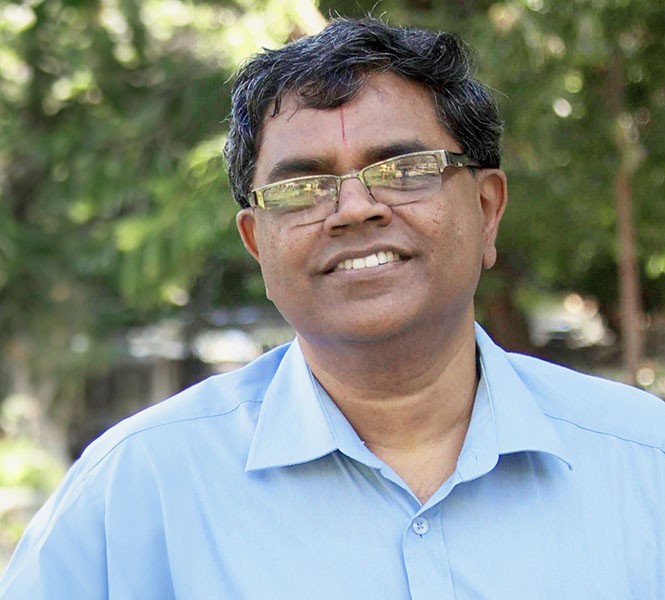Entrepreneurs
Satyanarayanan Chakravarthy: Pioneering Electric Air Taxis and Cargo Planes in India

In the ever-evolving landscape of electric vehicles (EVs), the fascination for flying has paved the way for innovations in electric aviation. While electric cars dominate the conversation, start-ups in India are making significant strides in the electric aircraft sector. Satyanarayanan Chakravarthy, a professor at the Indian Institute of Technology Madras (IIT-M), is at the forefront of this aerial revolution. He co-founded the ePlane Company, which aims to introduce India’s first electric air taxis and small cargo transport planes, revolutionizing urban and last-mile transportation.
Aerial Innovation Takes Flight:
Chakravarthy and his student, Pranjal Mehta, have embarked on a mission to develop electric aircraft that cater to India’s unique transportation needs. While small electric planes have made their mark in advanced economies, India is not far behind in this exciting venture. The ePlane Company, incubated at IIT-M, is currently in the advanced stages of testing a scaled-down prototype. With their relentless dedication, Chakravarthy and Mehta aim to have their first cargo plane ready for operation as early as the coming year.
Their flagship creation, the e200, is poised to be one of the world’s most compact two-seater planes. What sets it apart is its capability for vertical take-off and landing (VTOL), requiring minimal space, comparable to parking a mid-sized sedan. The aircraft is meticulously designed to strike a balance between weight and range, with an estimated weight of around 600 kg and a range of 200 km per charge. Furthermore, it can perform precision landings on typical urban concrete rooftops.
Innovation in Progress:
Developing an electric aircraft is a challenge unlike any other. Unlike electric cars, an electric plane must adhere to stringent weight limitations to achieve liftoff while maintaining a reasonable range. Chakravarthy and Mehta are addressing this challenge by devising innovative ways to utilize the aircraft’s wings for stability, reducing reliance on power-hungry rotors.
Their overarching goal is to make electric air travel as accessible as ordering an Uber ride, complete with a tenfold reduction in travel time. To reach this goal, the ePlane Company is determined to keep the cost to the end consumer competitive. While they are fervently working on bringing this vision to life, regulatory certification for the aircraft is expected to take two to three years. Commercialization is anticipated around 2025, with the cargo plane as the initial offering, followed by the passenger version.
Satyanarayanan Chakravarthy and Pranjal Mehta’s pioneering work in electric aviation has the potential to reshape urban mobility and last-mile delivery in India. Their unwavering commitment to innovation and sustainable transportation solutions positions them as trailblazers in the electric aircraft sector. As the world looks to the skies for the future of transportation, the ePlane Company’s innovative creations are poised to make a significant impact on India’s mobility landscape.
